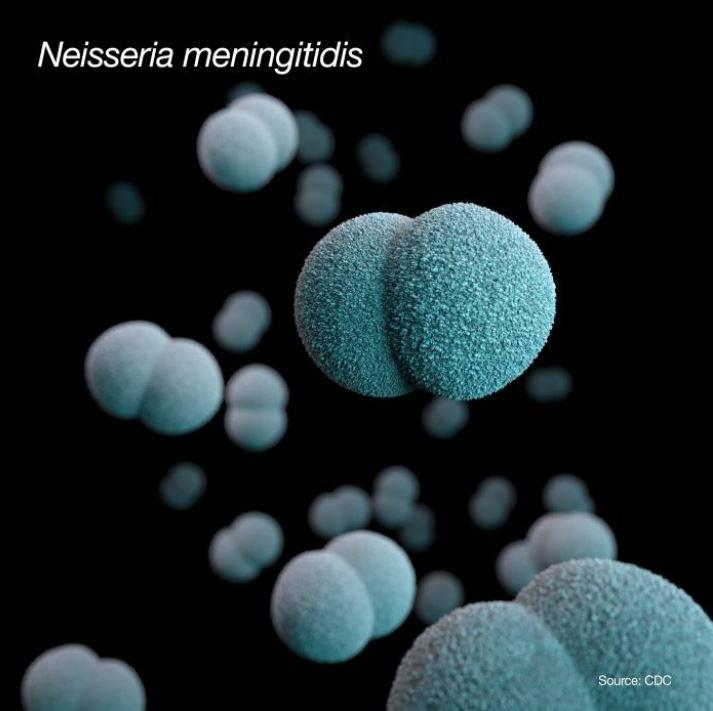The results of two phase 3 trials that were stopped early after interim analysis showed that an investigational antibiotic gepotidacin met its goals in women with uncomplicated urinary tract infection (uUTI) were published yesterday in The Lancet.
The double-blind, non-inferiority EAGLE-2 and EAGLE-3 trials enrolled adolescent and adult women with symptoms of uUTI at 219 centers worldwide and randomly assigned them to receive oral gepotidacin or oral nitrofurantoin for 5 days, with randomization stratified by age category and history of recurrent UTIs. The primary end point was therapeutic response (success or failure) at test-of-cure (days 10 to 13), with therapeutic success defined as combined clinical success (complete symptom resolution) and microbiologic success (reduction of qualifying uropathogens).
Developed by British drugmaker GSK, gepotidacin is a first-in-class triazaacenaphthylene antibiotic that inhibits bacterial DNA replication by a novel mechanism of action. GSK announced that the trials had been stopped early in November 2022.
Efficacy observed against resistant uropathogens
The interim analysis showed that gepotidacin was non-inferior in both trials and superior in EAGLE-3. In the EAGLE-2 trial, 162 (50.6%) of 320 patients in the gepotidacin group had therapeutic success, compared with 135 (47.0%) of 287 patients assigned nitrofurantoin (adjusted difference, 4.3 percentage points; 95% confidence interval [CI], –3.6 to 12.1). In EAGLE-3, 162 (58.5%) of 277 patients assigned gepotidacin achieved therapeutic success, compared with 115 (43.6%) of 264 patients in the nitrofurantoin group (adjusted difference, 14.6 percentage points; 95% CI, 6.4 to 22.8).
The most common adverse event with gepotidacin was diarrhea, which was observed in 14% of patients in EAGLE-2 and 18% in EAGLE-3.
In addition, a subgroup anaylsis found that therapeutic success rates in patients with uUTIs caused by Escherichia coli, including drug-resistant phenotypes of clinical importance, generally favored gepotidacin.
The investigators say gepotidacin's favorable safety profile and efficacy against resistant pathogens could provide "substantial benefits" to patients.
"Because of the increasing worldwide prevalence of antimicrobial resistance, these findings suggest that gepotidacin has potential as a new oral treatment for uncomplicated urinary tract infections caused by common uropathogens resistant to current therapies," they wrote.

















